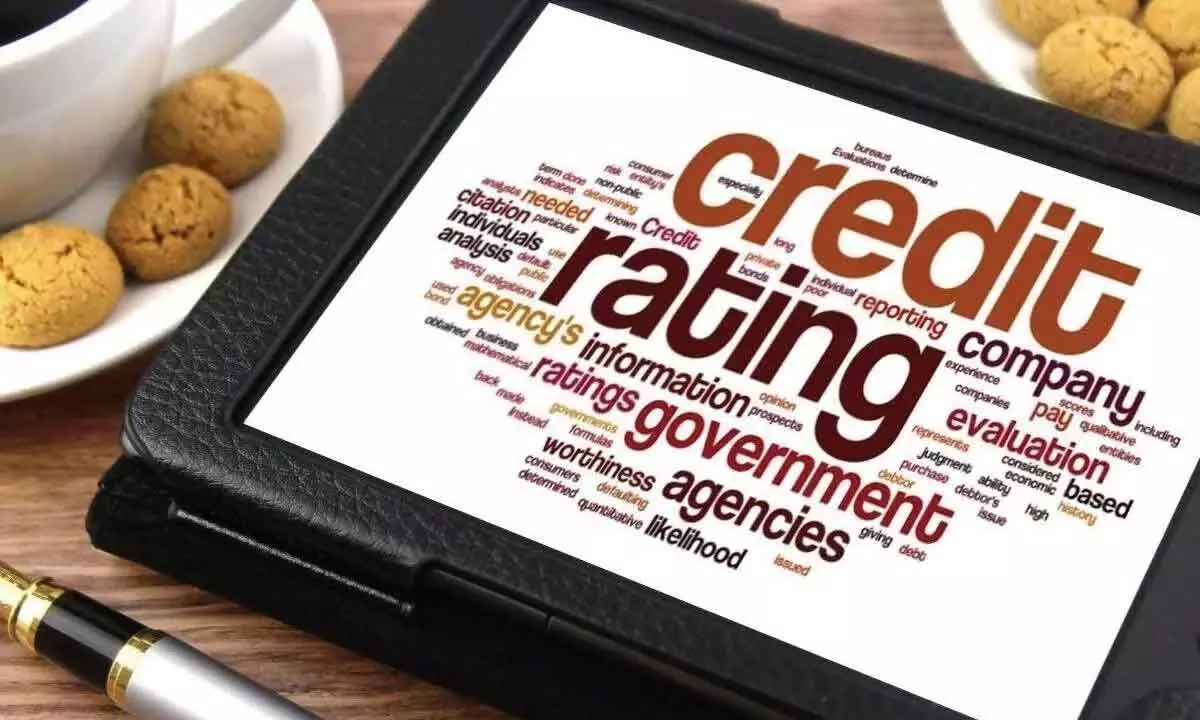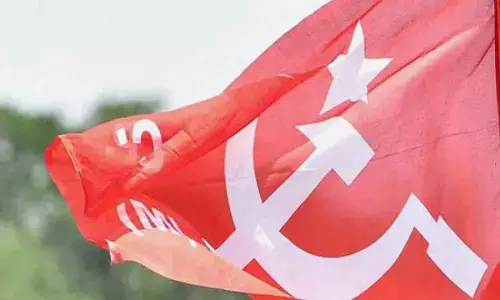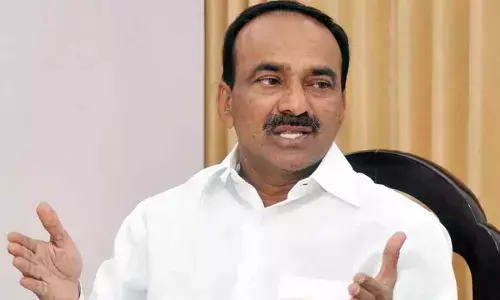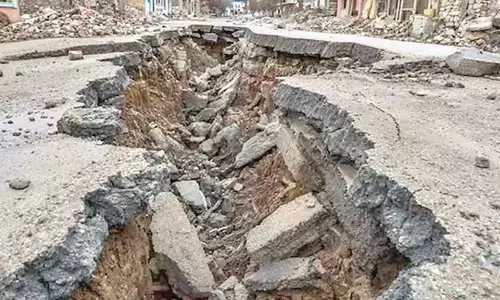Indian credit ratings for the world is a welcome move

Experts opine that India should not be bound by benchmarks set by third parties
The entry of an Indian ratings agency carrying out such assessments augurs well. First, it will be able to provide a different perspective on the creditworthiness of countries with which India has major economic and trade ties. Second, the criteria for judging are likely to be more transparent and comprehensible for investors here who are seeking to enter into projects in other countries.
The news that an Indian credit rating agency will now be assigning sovereign ratings to the rest of the world is a landmark moment. Till now, India has been subject to the scrutiny of foreign rating agencies, which seemed to upgrade or downgrade the economy’s status based on indicators evolved by the western world. At times, the reasons for the change in status seemed to have little to do with the reality on the ground. Though many such international agencies have representatives here, the changes in outlook have often appeared to be based on opaque guiding factors.
Leading economist and member of the Prime Minister’s Economic Advisory Council, Sanjeev Sanyal has rightly pointed out that India should no longer be bound by benchmarks that are decided by third parties and in which the country has no role in framing. As the ratings agency itself pointed out, sovereign risk assessments have assumed importance in the post-pandemic world and require a holistic approach.
The move to have a global ratings agency within this country comes even as the creditworthiness of the U.S. has just been downgraded by Fitch Ratings. It shifted the world’s biggest economy from AAA to AA+ in the beginning of August prompting an angry reaction from U.S. Treasury Secretary Janet Yellen. She termed it as arbitrary and based on outdated data, sounding much like spokespersons of the Indian government reacting in the past to rating agency downgrades. Fitch based its decision on the fiscal deterioration and repeated down-the-wire debt ceiling negotiations that threatened the government’s ability to pay its bills.
“There has been a steady deterioration in standards of governance over the last 20 years, including on fiscal and debt matters, notwithstanding the June bipartisan agreement to suspend the debt limit until January 2025,” was the ratings agency’s statement. In the case of the U.S., however, there is little likelihood of investors becoming concerned over the inability of the government to pay its debts in the long run. No wonder that American stock markets showed little reaction to the news. Other global markets did show a dip at the time, including the domestic Sensex, which fell by one per cent while other Asian markets dipped by about two per cent. The reasoning is that any potential weakness of the American economy could have ripple effects on the rest of the world.
For an emerging economy like India, on the other hand, such ratings can have consequences in terms of improving or reducing investors’ interest. A sovereign credit rating is taken seriously because it becomes an independent judgement of a country’s level of creditworthiness. The agency considers the level of risk associated with lending money to a government. Given the importance of such ratings, the entry of an Indian ratings agency carrying out such assessments augurs well.
First, it will be able to provide a different perspective on the creditworthiness of countries with which India has major economic and trade ties. Second, the criteria for judging are likely to be more transparent and comprehensible for investors here who are seeking to enter into projects in other countries.
At the same time, as Sanyal pointed out at the launch event, there is an equal need for this country to create other global benchmarks in fields like medicine, technology or environmental, social and governance (ESG) standards. Such standards are needed to take into account the culture, environment and norms prevalent here as these differ from those in western countries. Even the structure of people living in the subcontinent is different from those residing in the U.S. or Europe. It thus makes sense to finalise standardised clothing and shoe sizes that are suitable for Indians rather than relying on the U.S. or European standards. The National Institute of Fashion Technology (NIFT) is reported to have started the standardisation project in 2018 and is expected to implement it shortly, according to government spokespersons.
Sanyal also expressed concern over other more generalised indices such as a “democracy” index. But the fact is that such lists and projections really have little validity unless these are backed up with concrete data. Most such lists tend to be based on extremely broad and rather subjective indicators. These should not be given undue importance as what is more significant is whether the democratic process in this country is robust or not. With elections held here on a regular basis since independence, it can certainly be postulated that democracy has taken strong roots here. This does not have to be validated by an external agency.
In the case of sovereign credit ratings, however, there is need for a domestic perspective to ensure that the correct picture of the country’s creditworthiness is made apparent to potential investors. It will also be illuminating to rate other countries based on this new perspective.











